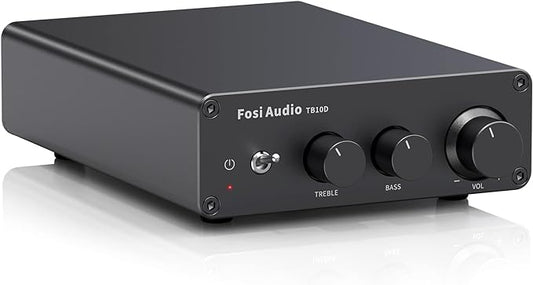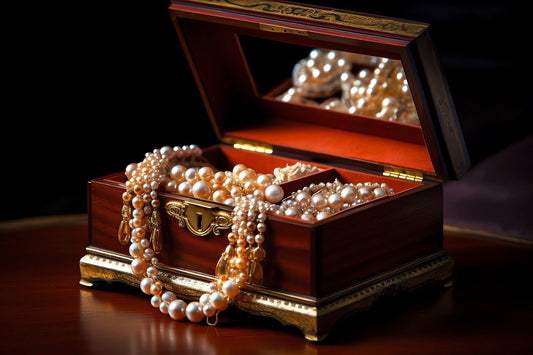DSP: Next step
by Paul McGowan
In yesterday's post we covered the beginnings of signal processing, explaining how it all began with simple bass and treble tone controls, moving on to more complex version of multi-frequency equalizers. The trend of analog EQ culminated in the seminal Cello product called the Audio Palette.
The problem with audio EQ as an aftermarket instrument is two fold: added components in the signal path, and major phase and time domain shifting. Used to correct actual problems, you have a sonic advantage. Used to enhance speakers or recordings beyond their inherent limitations, and music can become strained and unejoyable. A great example of analog EQ used to enhance an inadequately designed pair of speakers is the Bose 901. Built from a grouping of small, low cost woofers, analog EQ was used to boost bass and treble to levels resembling flat response. The results were often unlistenable. To be fair, it wasn't necessarily the fault of analog EQ and there were many reasons the Bose required large amounts of alcohol or Tylenol to enjoy music, but I do think they represent a good example of a bygone era of analog EQ gone too far.
Then, we enter the digital age. The first thing to remember about digital is that all digital audio anything requires conversion from that which we can hear, analog, to that which we can manipulate, digital. What's this mean to us? Conversion. There are a few digital in, digital out signal processors on the market, but in my experience they are somewhat rare for the application we're discussing. And, even if you have digital in, digital out, you've obviated analog anything–like a turntable–unless you accept conversion from A to D.
So what we're left with, when discussing DSP as an aftermarket box, is analog in->convert to digital->manipulate the frequencies and timing–>convert back to analog. There is little doubt the amount of processing affecting the original analog musical signal is greater with DSP than with ASP, but once you're over that fact, DSP offers a stunningly powerful array of tools for good sound.
- Choosing a selection results in a full page refresh.
- Opens in a new window.








